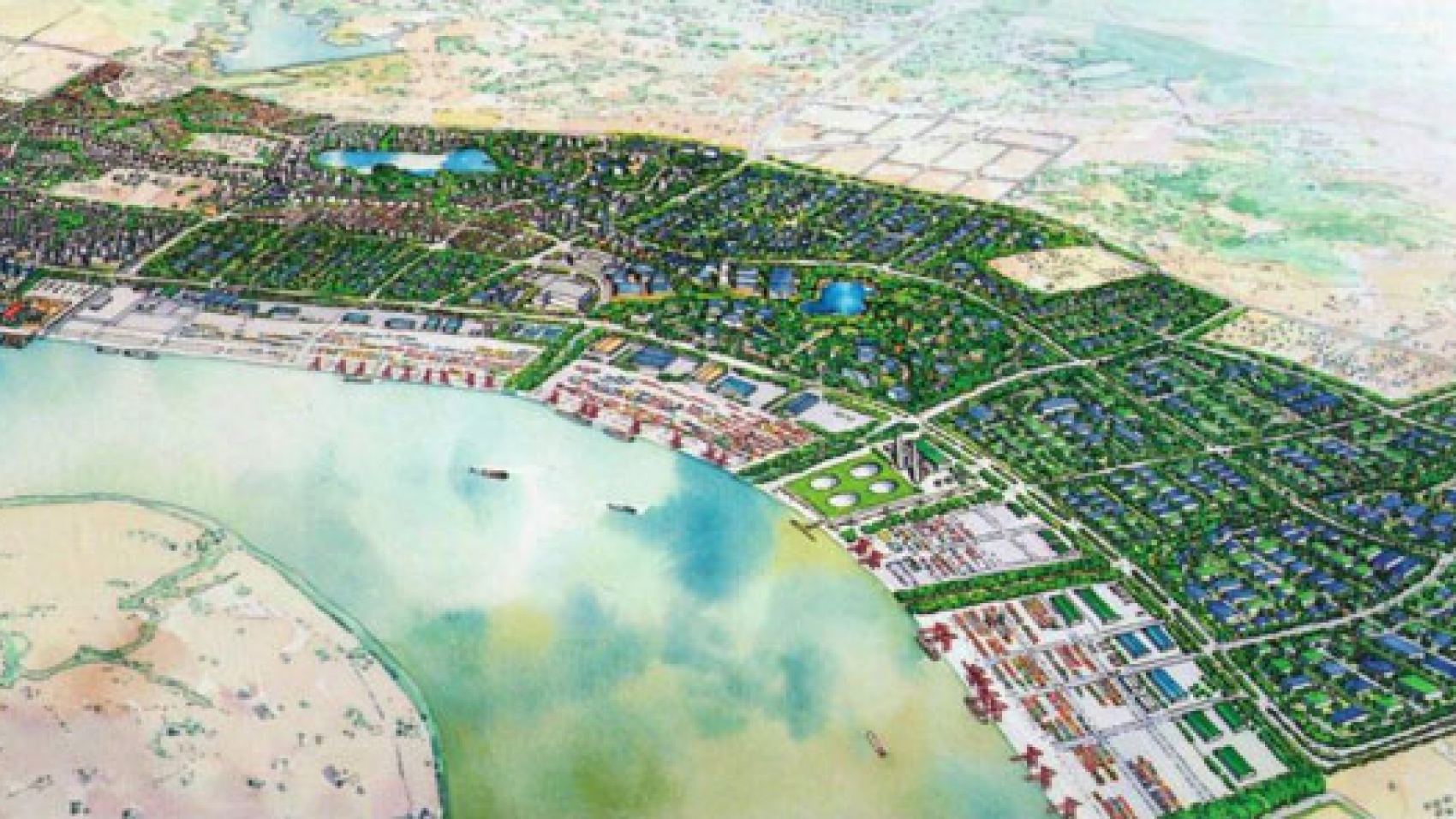Recent developments
- The second wave of the COVID-19 pandemic is having a more severe impact on Myanmar’s economy than the first wave.
- Myanmar’s economy is estimated to have grown by 1.7 percent in FY19/20, a pronounced slowdown from growth of 6.8 percent in FY18/19.
- The pandemic and associated containment measures have had both demand- and supply-side effects, weakening consumption and investment, and disrupting businesses’ operations and the supply of labor and inputs.
- Activity in the manufacturing, retail, travel and leisure and recreational sectors contracted. Other services using internet-based platforms were better able to weather the impact of mobility restrictions.
Policy response
- The government has responded to COVID-19 with a range of measures, including:
- disease prevention and treatment programs;
- direct financial assistance to vulnerable households through in-kind and cash transfers
- reductions in household electricity charges;
- financial assistance to businesses through loans, guarantees, and tax deferrals and exemptions.
Outlook
- Growth is projected to remain relatively low at 2 percent in FY20/21, reflecting the significant economic disruptions associated with COVID-19 containment measures imposed in the first (December) quarter, when much of Myanmar’s growth for the year usually takes place.
- Despite the impacts of the pandemic, medium-term growth prospects remain positive.
- Growth is projected to recover to 7 percent on average, supported by new investments in industrial and urban development projects, roads, and communication and power infrastructure.
- A gradual resurgence in manufacturing activities is expected, while increased use of digital technology could boost productivity across a broad range of sectors.
Risks
- However, risks to growth remain high.
- Further waves of local transmission or a deeper and more prolonged global slowdown would have significant effects on the outlook. Financial sector vulnerabilities, exposure to natural disasters, and uncertainty around post-election reform momentum also pose risks.
Policy recommendations
- In the short term, the Government should focus on relief measures that slow the spread of the virus while protecting the most vulnerable.
- Once the spread of the virus has been contained and economic activity gradually resumes, a demand-led strategy for a medium- to longer-term recovery will be required to stimulate the economy.
- Measures should be considered to support private consumption and investment. Investments in priority public infrastructure would bolster aggregate demand and construction sector activity in the short to medium term, while increasing the productive capacity of the economy in the longer term.
- In the near and medium-term, policy measures to accelerate the development of an efficient and stable financial system could deliver significant economic benefits.
- Moreover, Myanmar could explore economic opportunities in the areas of digital technology, pharmaceutical production, insurance services, health and educational services and fintech as new growth levers.
Source: The World Bank

